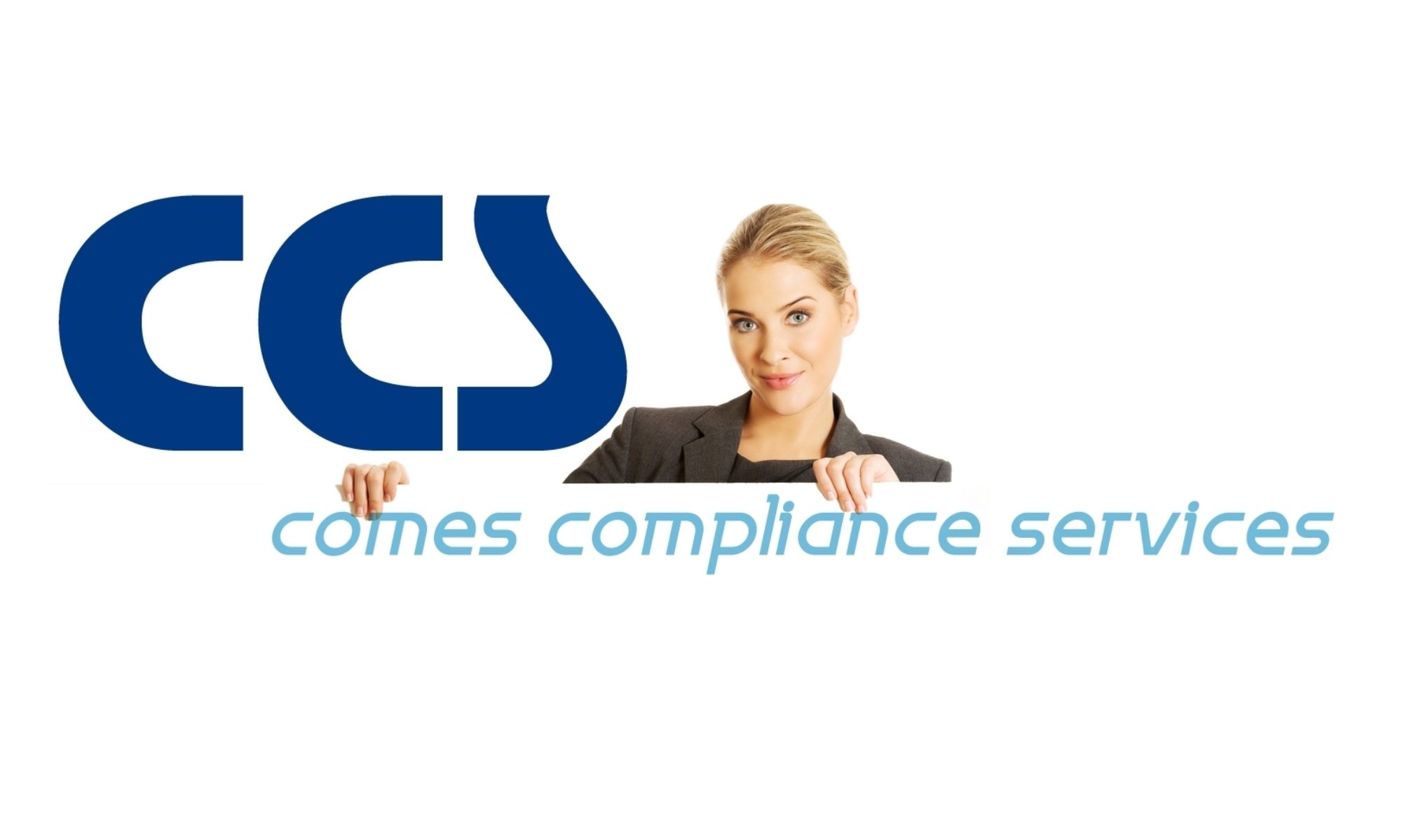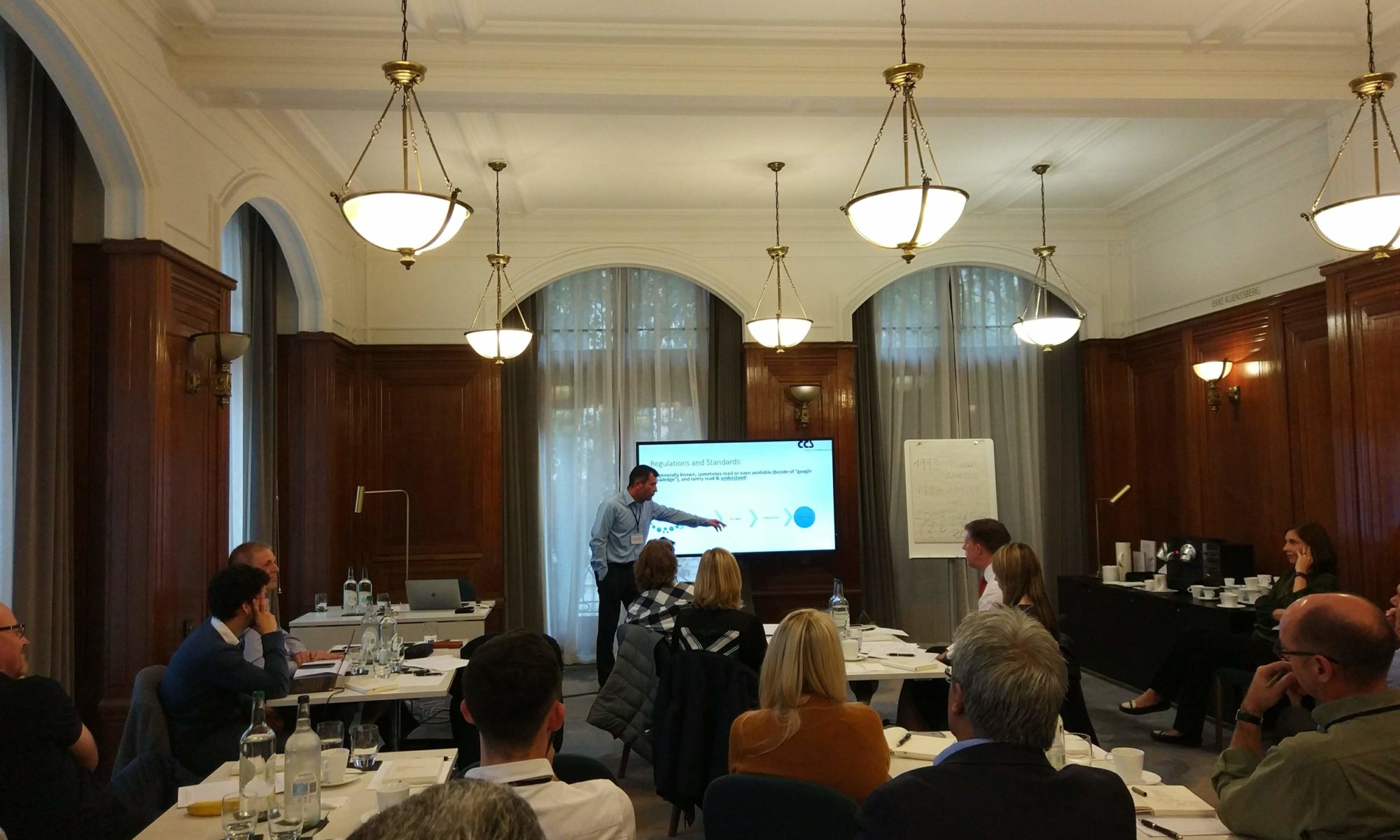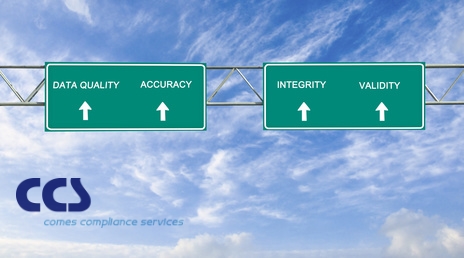FDA is issuing the draft guidance CSA to provide recommendations on computer software assurance for computers and automated data processing systems used as part of medical device production or the quality system.
This draft guidance is intended to:
- Describe “computer software assurance” as a risk-based approach to establish confidence in the automation used for production or quality systems, and identify where additional rigor may be appropriate; and
- Describe various methods and testing activities that may be applied to establish computer software assurance and provide objective evidence to fulfill regulatory requirements, such as computer software validation requirements in 21 CFR part 820 (Part 820). –> medical devices
When final, this guidance will supplement FDA’s guidance, “General Principles of Software Validation” (“Software Validation guidance”) except this guidance will supersede Section 6 (“Validation of Automated Process Equipment and Quality System Software”) of the Software Validation guidance.
Download the DRAFT version here: EXTERNAL LINK
Update October 2022: Online Presentation by US-FDA – CSA



